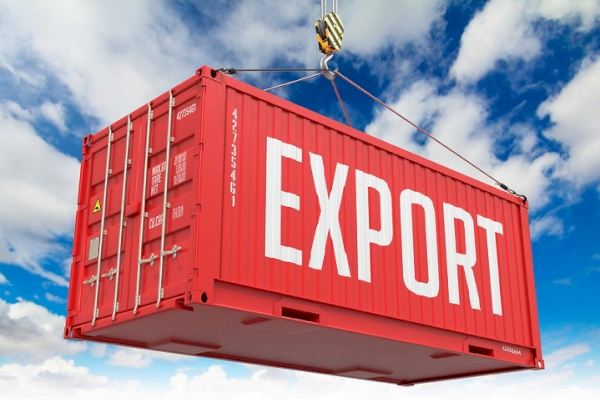Uzbekistan introduces export duties on 86 types of goods
- News
- 24.03.2025

President of Uzbekistan Shavkat Mirziyoyev signed a decree on 14 March aimed at improving export procedures and promoting the production of high-value-added goods.
The document seeks to align the country’s export policy with World Trade Organization (WTO) regulations, encourage local raw material processing and enhance the investment appeal of the processing industry.
Under the decree, export duties on 86 types of goods will take effect starting 1 July, with specific rates approved for each category.
Previously, the export of meat products (30%), wheat (30%), grain, rice (100%), mineral fertilizers (10%), raw leather, PET (plastic) waste and non-ferrous metal scrap (100%) was only allowed with presidential or government approval. This requirement is now being abolished.
Export duties on strategic raw materials will be introduced to encourage further domestic processing. These include a 100% duty on cotton lint, 10% on copper, 20% on natural gas, 100% on scrap metal and 10% on polymers.
Export permits for certain goods will be replaced with partial export duties, such as 20% on cattle, 30% on meat, 20% on poultry, 30% on wheat and 100% on flour and rice.
Export fees will be replaced with export duties for specific goods, including yarn (2%, but no less than $50 per ton, increasing to 5% or at least $125 per ton), raw silk (1%, but no less than $500 per ton, with further increases), leather and others.
In 2017, Uzbekistan abolished the export ban list, and the new decree now eliminates the practice of requiring permits for exports.
“The most significant change is that there were previously no transparent criteria for issuing export permits. Now, with the removal of permits and the introduction of export duties, the export process becomes clear and transparent,” Urunov explained.
He added that imposing export duties on strategic raw materials will also encourage domestic manufacturers to engage in deeper processing to avoid paying the duties.
Moreover, the move aligns with WTO requirements, as member countries cannot impose export restrictions other than duties. This makes Uzbekistan’s trade regulations more WTO-compliant and transparent, Urunov concluded.
All information is taken from the website www.gazeta.uz